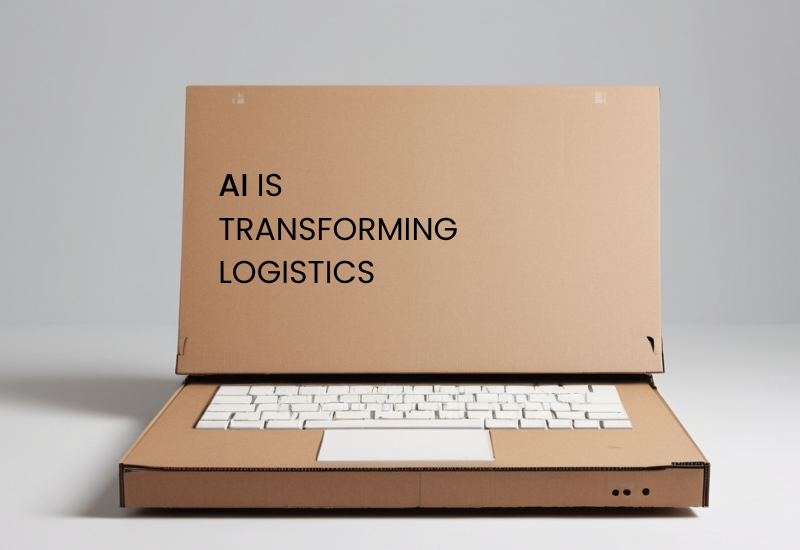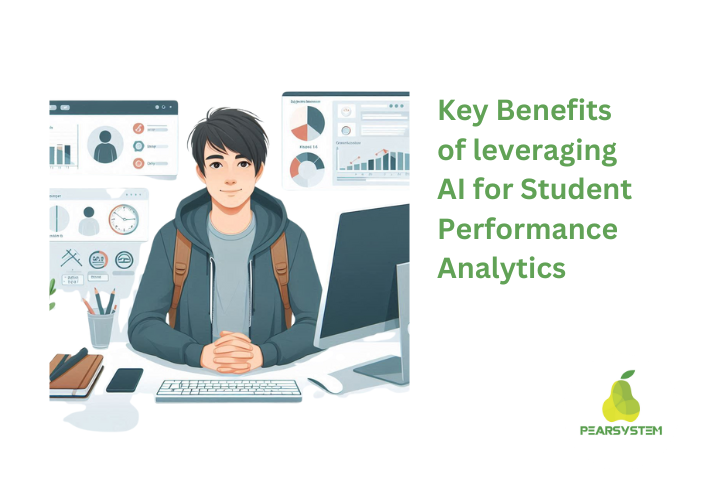
WE BRING YOUR IDEA TO LIFE
We have developed over 40 mobile applications for the world’s leading Enterprises and Startups.
Company
Services
Our Work
Solution

In today’s world convenience is the greatest customer attraction. Instant gratification is highly valued. In such a time, use of AI to stay in competitions is just inevitable in order to make instant decisions. Any latency is punished severely, so it is not a pragmatic decision to over rely on human interaction, instead companies should strive for transformational shifts.
AI’s integration into last-mile logistics is not just enhancing operational efficiency; it’s reshaping the entire delivery experience into one that is more customer-centric, responsive, and sustainable. Lets see how we can utilise AI to achieve better last mile delivery systems.
AI algorithms have over years evolved to make accurate inference from the data to predict pin down upon the most efficient solution. Various touch points of AI in getting the route optimised for efficient delivery -
Predictive Analytics: Machine learning algorithms analyse historical data to predict future order demands, traffic, and weather patterns, enabling logistics operations managers to make better decisions and optimise routes efficiently and sustainably.
Real-time Data Analysis: AI-driven systems analyse real-time data like traffic, fuel consumption, and delivery times to find the best delivery routes, allowing businesses to take quick action to changes in demand or unexpected events.
Vehicle type and Capacity based optimisation: Machine learning algorithms optimise routes dynamically, taking into account multiple variables such as delivery times, fleet and vehicle capacity, reducing transportation operational costs and improving delivery efficiency.
By leveraging these AI capabilities, logistics companies can optimise their operations, enhance the customer experience, and stay competitive in the rapidly evolving last-mile delivery landscape
Address Validation and Correction: AI tools can automatically validate and correct addresses during the order process, reducing the risk of failed deliveries due to address errors.
AI algorithms analyse data on demand, seasonal fluctuations, market trends etc to plan their storage and transportation capacities more efficiently, reducing the number of vehicles and warehouses needed for delivery and lowering transportation costs. Key ways in which implementation of AI can be useful -
Analysis of Historical data : AI algorithms analyse historical data to identify patterns and correlations, enabling accurate predictions about future demand. This helps warehouses proactively adjust inventory levels to meet seasonal demands.
Real-Time Market Insights: AI-powered systems tap into real-time data sources like social media trends, market reports, and weather forecasts to provide valuable context for adapting to evolving seasonal demands.
Demand Forecasting Precision: AI-driven demand forecasting uses a wider range of variables, including machine learning, time series analysis, and natural language processing, to provide more accurate and nuanced predictions.
Automated Replenishment: AI algorithms can trigger automated re-orders based on current demand, eliminating the risk of stockouts and overstocking.
Optimised Inventory Placement: AI-driven warehouse management systems allocate storage space based on anticipated demand, ensuring high-demand items are easily accessible and reducing the time and labour required for inventory management.
Probabilistic Forecasting: AI-powered probabilistic forecasting provides a range of forecast outcomes and their likelihood, enabling better-informed decisions and more effective inventory management.
Multi-Echelon Inventory Optimization: AI-based multi-echelon inventory optimization solutions balance inventory requirements and service level targets across different tiers of the distribution network, ensuring the right products are stocked at the right place and time.
Automated Warehouse Management: AI can automate tasks like picking, packing, and sorting to increase operational efficiency, reduce costs, and improve accuracy. AI algorithms can also optimise and automate warehouse management by optimising layouts and inventory placement to minimise storage space and maximise efficiency
AI-driven warehouse management systems allocate storage space based on anticipated demand, ensuring high-demand items are easily accessible and reducing the time and labor required for inventory management
Load Optimization: AI algorithms can optimise how packages are loaded into delivery vehicles, ensuring that space is used efficiently and the order of deliveries minimises the need for rearrangement. This decreases the overall fuel consumption and emissions associated with delivery operations.
Dynamic Scheduling and Capacity Planning: AI systems can predict fluctuations in delivery volumes and help allocate resources more effectively. This includes optimising delivery personnel schedules and vehicle use to match anticipated demand. AI algorithms can adjust delivery schedules in real time based on changing conditions such as traffic, weather, or last-minute customer requests.
AI-powered chatbots and virtual assistants are revolutionising customer experience in several ways:
Instant Responses: AI Chatbots can provide real-time responses to customer inquiries, significantly reducing wait times and improving overall satisfaction.
24/7 Availability: Unlike human agents, chatbots can operate around the clock to address customer needs, ensuring support is available whenever customers require it.
Personalization: Chatbots can leverage customer data and natural language processing to tailor responses, offer personalised recommendations, and guide customers through tailored experiences.
Automation of Routine Tasks: Chatbots can handle repetitive, high-volume inquiries, allowing human agents to focus on more complex issues and provide higher-value support. This improves operational efficiency and reduces costs.
Enhanced Brand Image: By providing modern, convenient, and efficient customer service, chatbots can enhance a company's brand reputation and position it as innovative and customer-centric.
Overall, the integration of AI-powered chatbots and virtual assistants enables companies to deliver more personalised, responsive, and cost-effective customer experiences, leading to increased satisfaction, loyalty, and business success.
Anomaly Detection: AI-powered systems can detect unusual patterns and anomalies in data, identifying potential fraudulent activities such as invoice manipulation, fictitious orders, or unauthorised fund transfers.
Real-Time Alerts and Signals: AI-powered logistics systems can provide real-time alerts and signals to detect and prevent fraudulent activities, ensuring timely intervention and minimising financial losses.
Yield Loss Analysis: AI-powered systems can analyse production data to identify underlying factors influencing product quality and yield rates, enabling the optimization of production processes and reducing costs.
AI can help in Implementing End-to-End Visibility: IT ensures that your logistics company has end-to-end visibility across the entire supply chain, including raw materials, inventory, equipment, suppliers, and labour. This can help identify potential fraudulent activities early on.
In conclusion, AI is not just a technological advancement; it’s a strategic evolution for last-mile delivery systems. By embracing AI, companies can achieve unprecedented levels of efficiency, accuracy, and customer satisfaction. From optimising routes to enhancing customer interactions, AI empowers businesses to meet the demands of an ever-accelerating world. As we look to the future, it’s clear that AI will continue to be the driving force behind innovative and sustainable logistics solutions. The journey towards smarter, faster, and more responsive delivery systems is well underway, and AI is at the top.
Source - Wiley Editorial Artificial intelligence in logistics and supply chain management: A primer and roadmap for research (wiley.com)




